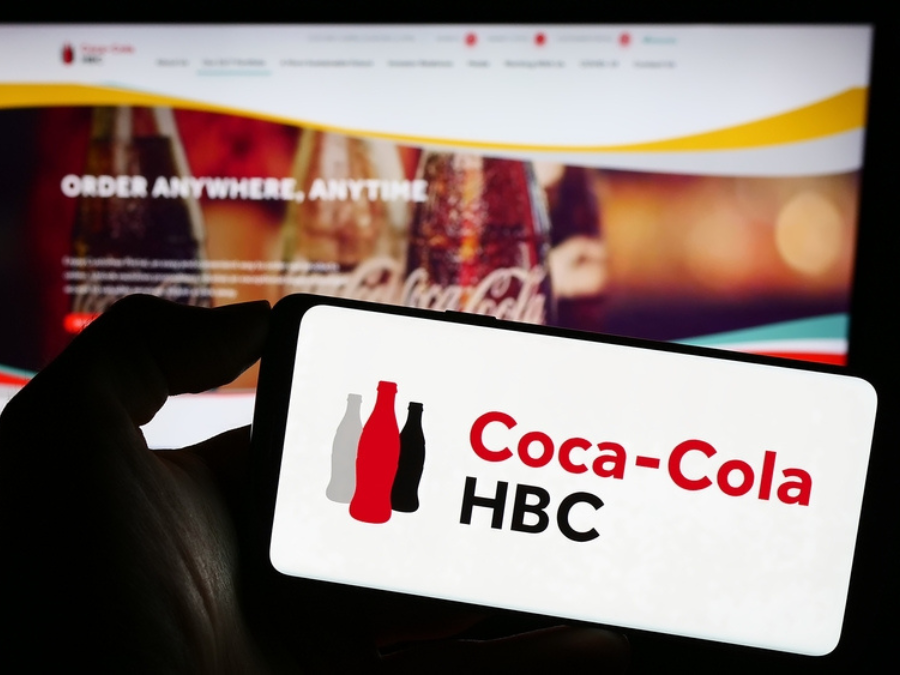Coca-Cola HBC has invested €11m ($11.6) in a plastic recycling plant producing rPET bottles.
It is also set to launch a deposit return scheme (DRS) to collect bottles and cans for further recycling as part of the group's move towards an in-house circular-economy model.
Once the DRS is in place, Romania will become the group's first market to use 100% recycled bottles across the portfolio which can be returned and recycled in-house.
The move sees the plant “providing a steady supply of high-quality rPET for its 100% recycled bottle portfolio”.
The €11m development was funded by €3.5m of state aid.
Zoran Bogdanovic, CEO of Coca-Cola HBC, said: “We are working to produce and deliver our drinks in more sustainable ways and in packaging that has a life beyond its initial use – and Romania is a great example of how we can work collaboratively with our stakeholders and the wider industry to create a circular economy for packaging.”
In a statement yesterday (23 October) the Romanian subsidiary of the group said it would also be the first beverage producer in the market to produce rPET in-house, becoming the third rPET decontamination facility in operation across Coca-Cola HBC’s markets.
With this investment in Romania, and the transition to recycled-bottle portfolios in Switzerland, Austria, Italy, Ireland and Northern Ireland, the company said it was “on track to deliver almost 50% rPET use in EU and Swiss markets by the end of 2023”.
In 2022, 22% of the PET plastic used across Coca-Cola HBC’s EU and Swiss markets was from recycled material.
The company is also supporting the introduction of the country’s DRS which is set to be introduced this December.
There are currently five DRSs across Coca-Cola HBC markets, with six more incoming.
Coca-Cola HBC has pledged to achieve net-zero emissions across its entire value chain by 2040. It said packaging accounts for approximately a third of the company’s carbon footprint, so “is a priority area”.
The bottler said it has invested €377m in sustainability, which haled its direct emissions and reduced emissions by 30% across its entire supply chain.









